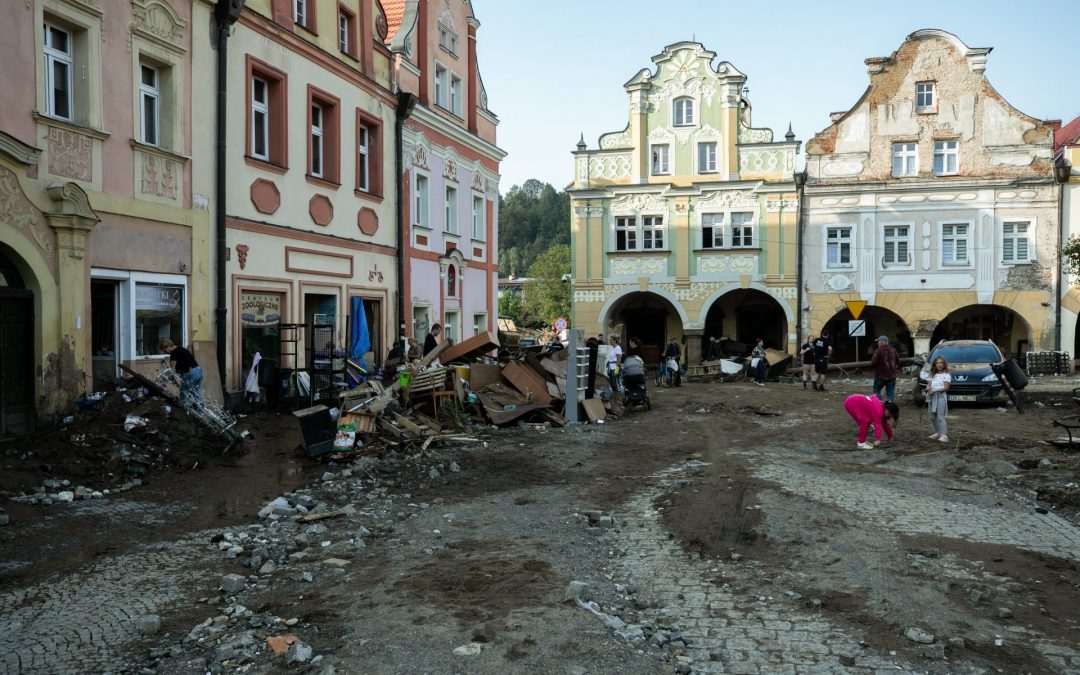STRASBOURG – The massive floods that have hit parts of Europe are not an anomaly but the norm for the continent’s future, and European Union member states must achieve “unprecedented cooperation” to be better prepared for such disasters in the future, European Commission emergency management commissioner Janez Lenarčič said on Wednesday.
Following record-breaking rains that in some parts of Europe dropped three to four times the average monthly amount in one day, the floods have affected around two million people, with at least 16 losing their lives in Austria, the Czech Republic, and Poland. Experts warn that the danger has not passed. On the other side of Europe, in Portugal, fires are destroying thousands of hectares of forest, with at least seven people losing their lives.
“The extremes that we used to witness once in a lifetime are now happening almost every year,” said Lenarčič in the European Parliament in Strasbourg during a debate that was inserted in a session where Hungarian Prime Minister Viktor Orban was supposed to present his country’s EU presidency, which he postponed due to floods in his own country.
The Slovenian commissioner said that the consequences of climate change have become the daily reality for Europe’s inhabitants, a continent warming faster than others, and that such “tragedies are not an anomaly but the norm of our shared future.”
Lenarčič said that the EU already has mechanisms to respond to such situations, such as the Copernicus flood early warning system, which in recent days has issued hundreds of thousands of warnings, but that new tools are being developed.
“We must unite, achieve unprecedented cooperation,” said the commissioner from Slovenia, which itself experienced devastating floods last year that claimed four lives. He stressed that countries cannot fight these disasters alone and that cross-border resilience and joint watercourse management must be established.
He warned that the cost of inaction is much higher than investing in resilience for future disasters. (September 18, 2024)
 go to the original language article
go to the original language article
